-
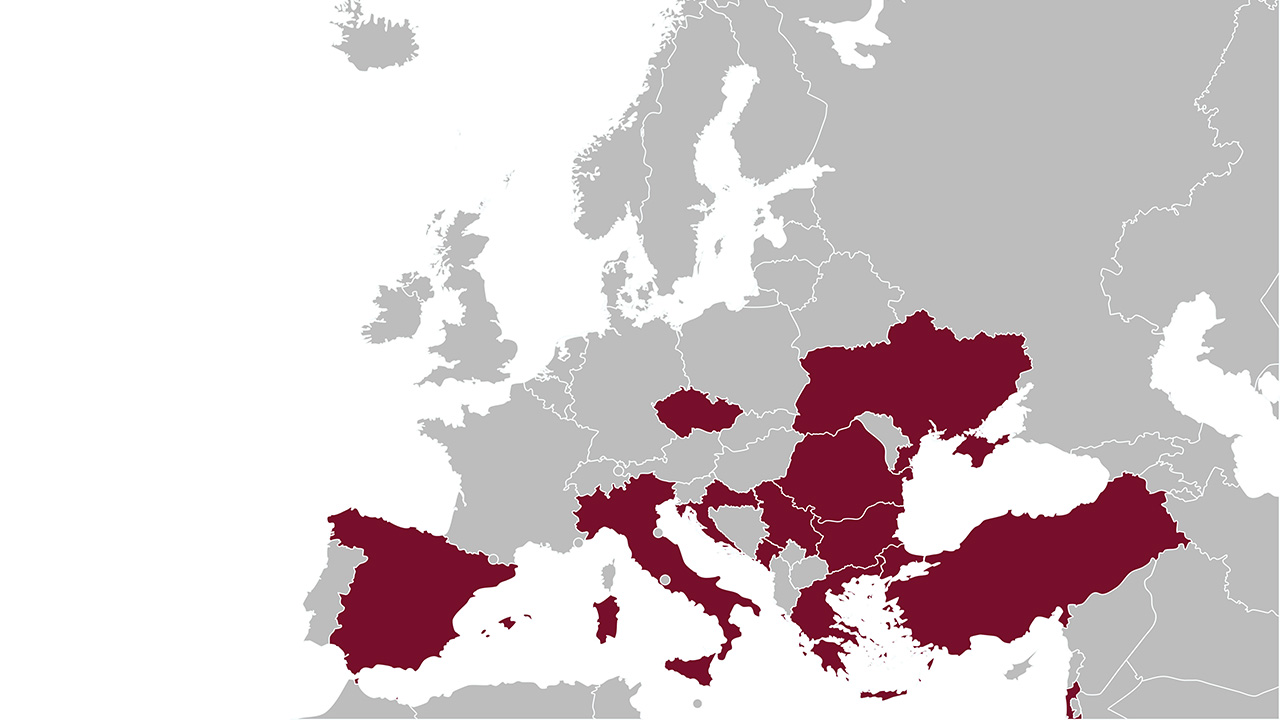
How to test new antibiotics for Carbapenem-resistant Gram-negatives?
Antibiotic resistance is the Darwinian consequence of antibiotic use, and poor infection control in healthcare settings its Semmelweisian accelerator. The most recent mega-meta-analysis revealed that the burden due to AMR had not really increased over the last 20 years but is expected to rise in the coming years. One of…
-

How to kill a diagnostic test
Rapid detection of viral causes of community-acquired pneumonia (CAP) is the holy grail for reducing unnecessary antibiotic use and controlling antimicrobial resistance. Already 25 years! In those years, multiple rapid diagnostic tests have been developed, only to end up in the “graveyard of promising tests” after clinical evaluation. Yet, most of these…
-
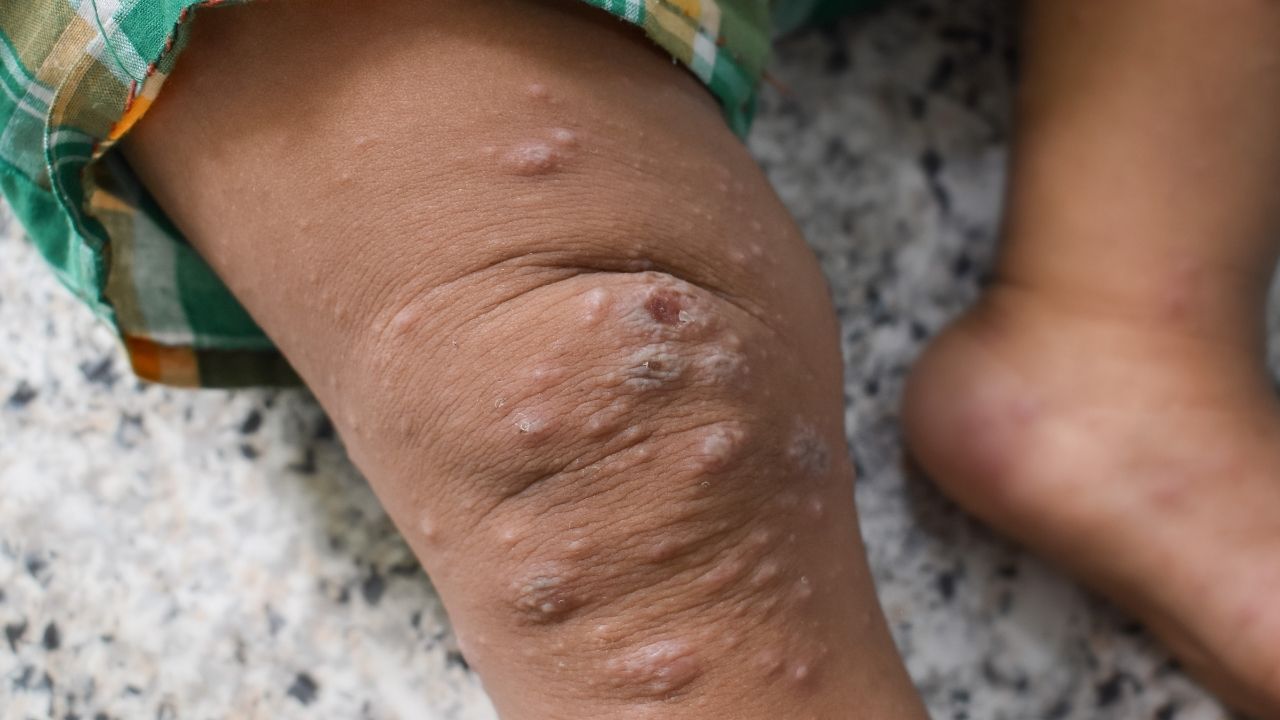
How to treat mpox infections?
One week ago, the first patient with an mpox (monkeypox) infection was enrolled in the EPOXI trial evaluating the effectiveness of tecovirimat in EU countries. Then yesterday, the WHO declared the current mpox outbreak in Africa a global public health emergency for the second time in two years. And today,…
-

Good news and bad news in the fight against AMR
“Humans are locked in an arms race with microbes, but scientists are pursuing diverse approaches to keep one step ahead or slow down the competition.” This is the first sentence of the news feature ‘Five ways science is tackling the antibiotic resistance crisis’ published in Nature this week.
-
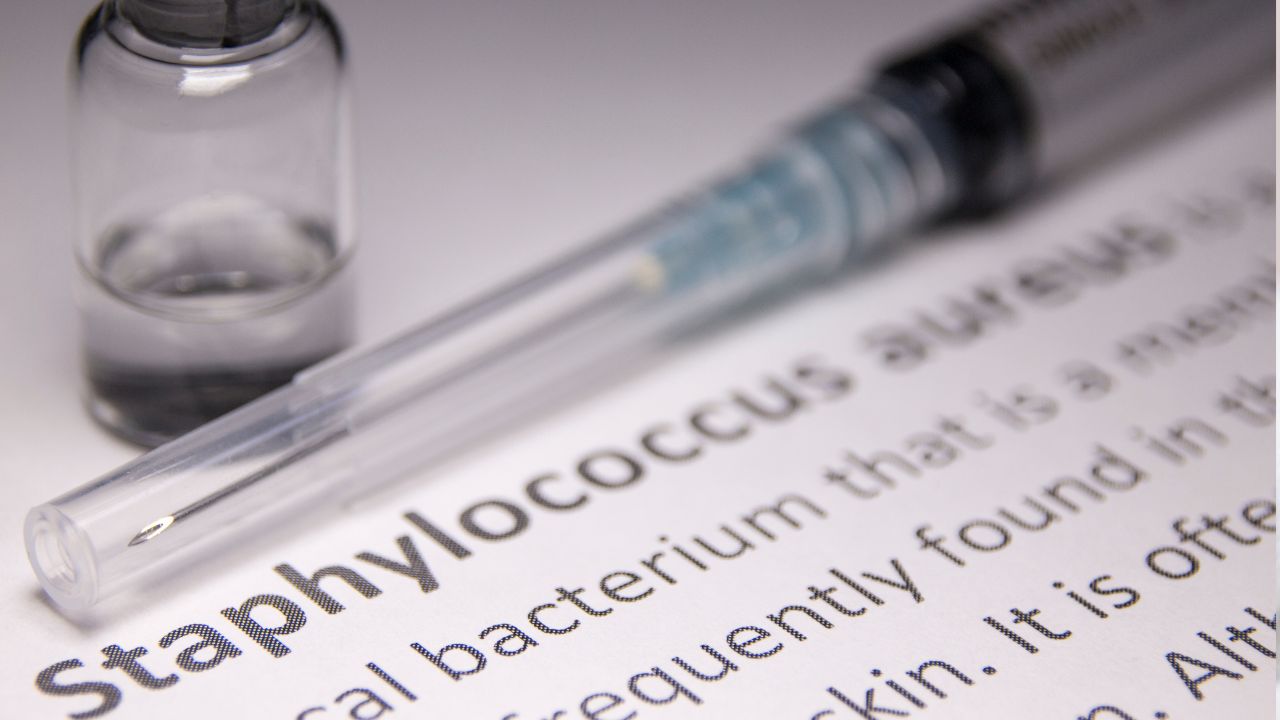
Staphylococcus aureus bacteremia and acute kidney injury
Ever wondered what the risk is of Acute Kidney Injury (AKI) in patients with Staphylococcus Aureus Bacteremia (SAB)? I did not, and I didn’t know.
-
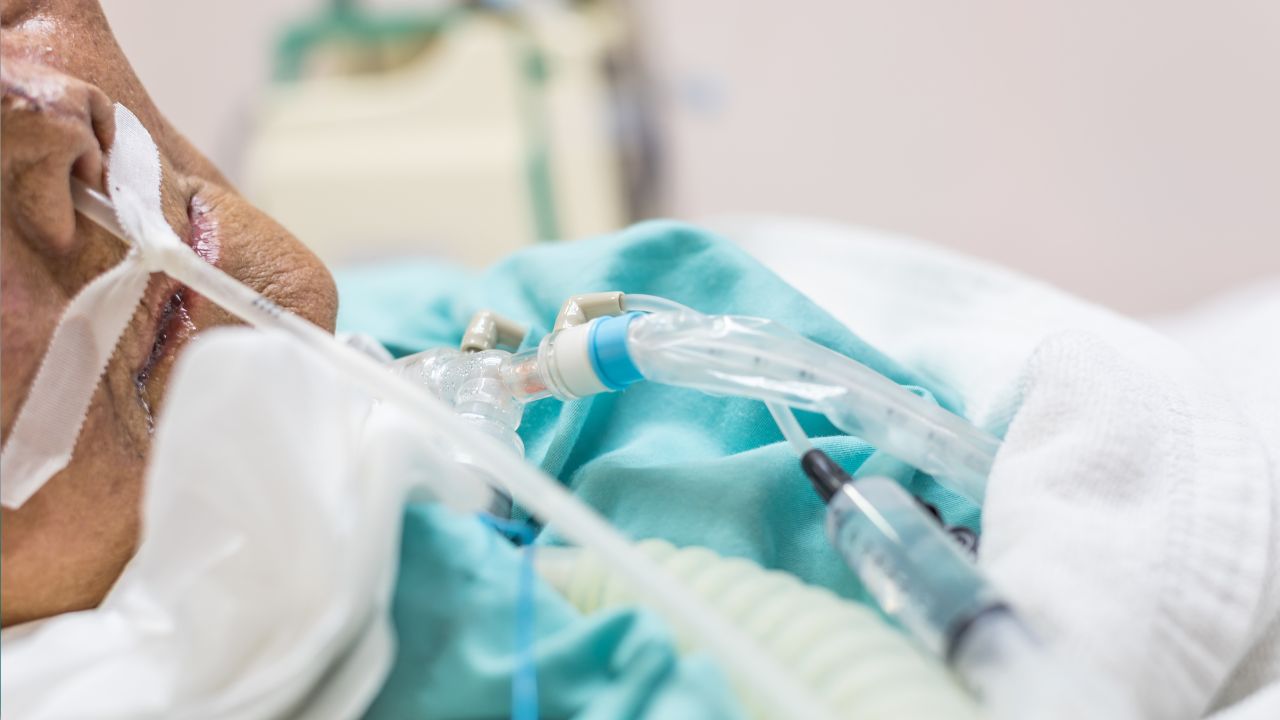
The gastropulmonary route of infection: fact or fiction?
In the 1990s – when I started my PhD – this was a relevant and intensely debated question. Now, almost 35 years later, we finally have the answer.
-

Control yourself: the self-controlled case series
Does influenza increase the risk of acute myocardial infarction (AMI)? Do bivalent mRNA COVID-19 vaccines cause acute ischemic stroke? Relevant questions, but difficult to answer. Incidences of both outcomes are low, precluding an answer from randomised trials (in case of vaccination) and analyses from observational studies will be flawed by…
-

Solving the small crappy trial problem
Randomised controlled trials (RCTs) yield the strongest evidence to inform medical practice. Each year, more than 40,000 new RCTs are registered, and some have estimated that they cost more than 80 billion US dollars. Yet RCTs are remarkably inefficient.
-
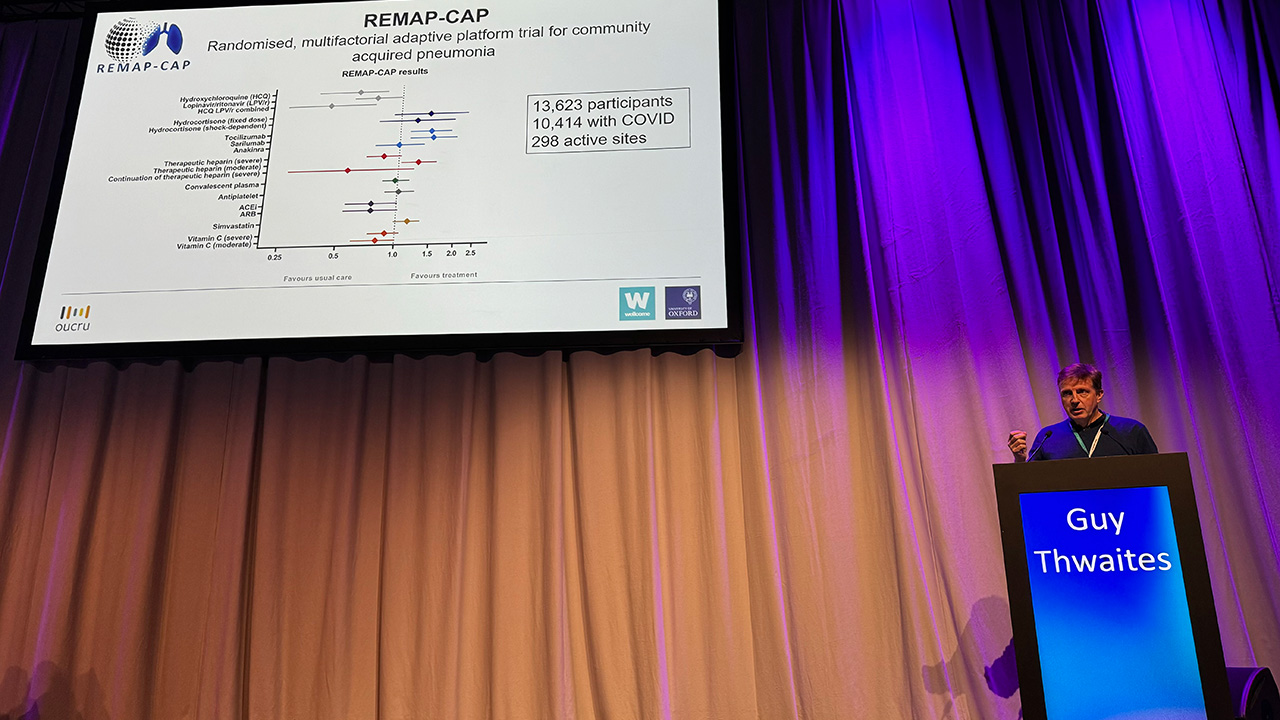
How to change RCT-based “definitive” practice
Randomised controlled trials (RCT) provide the highest level of evidence. But what to do if a disease changes? Only a new RCT can provide sufficient evidence to change the associated RCT-based practice.
.
acute kidney injury adaptive designs AMR antibiotic resistance antibiotics antimicrobial resistance avian flu bad science BCG Danish cancer diagnoses children clinical trials community-acquired pneumonia COVID-19 data diagnostics ESCMID Global genome sequencing Guy Thwaites hospital infection influenza methods misinformation mpox neonates pandemic pneumonia s. aureus self-controlled case series SNAP surgery tuberculosis urinary tract infection vaccination vaccine ventilator-associated pneumonia
